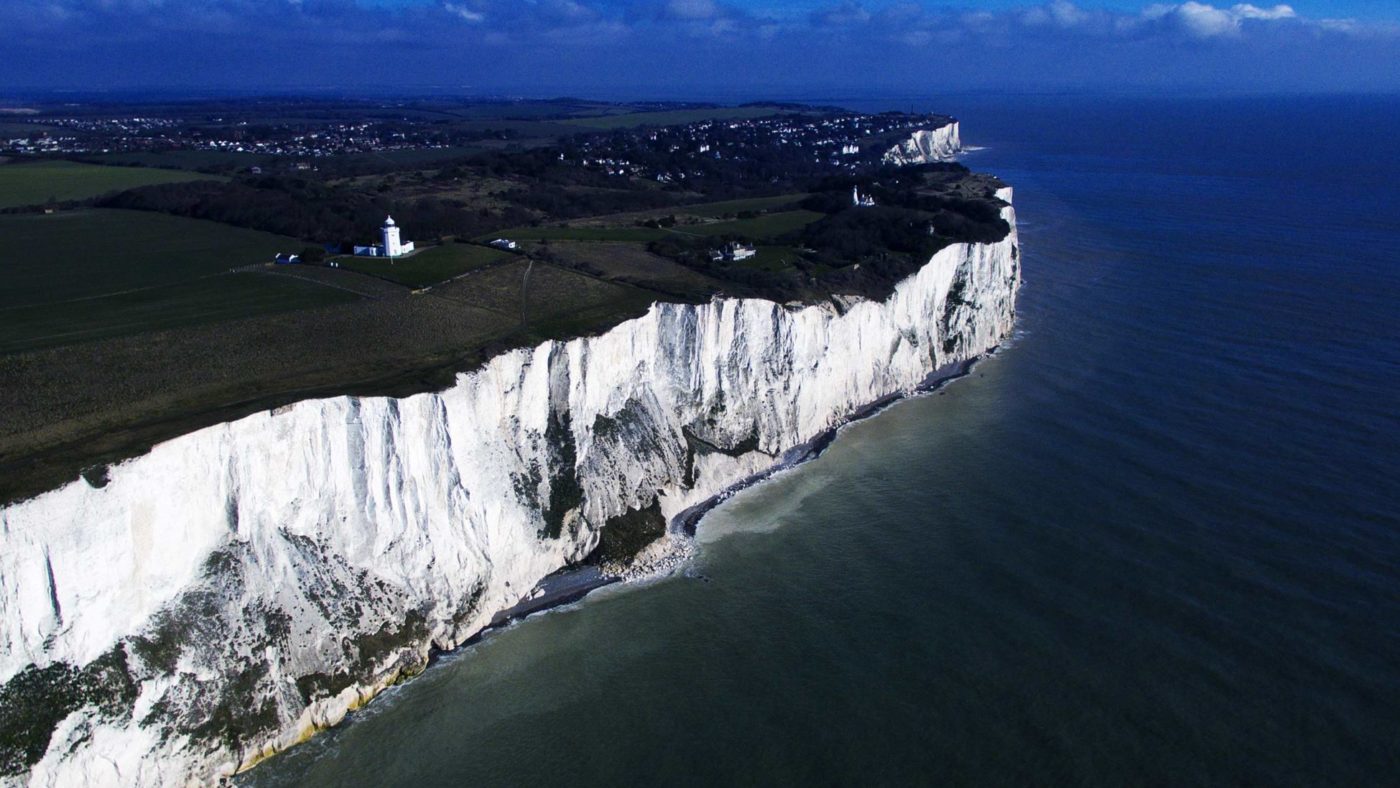If only we could see it, the Iranians attempting to cross the Channel in small boats are paying us a compliment. They have decided they would rather try to make a new life here than in France or Germany or Sweden. They are risking life and limb, and paying large sums of money, in order to have a chance of landing somewhere on the coast of southern England. It makes one proud to be British.
Yet the coverage of these intrepid travellers contains an undertone of disparagement. Their bravery is dismissed as recklessness. Our task must be to save them from such irresponsibility, such danger. It is, after all, unbelievable to a certain kind of British intellectual than anyone would rather live in our benighted and backward country than on the continent of Europe. This mentality is so durable it must be reckoned to be ineradicable. George Canning poured scorn, in The Anti-Jacobin, which he and others set up in 1797, on the kind of person who supported the French Revolution:
A steady patriot of the world alone,
The friend of every country but his own.
George Orwell identified the same mentality in left-wing intellectuals in the mid 20th century, and it forms an essential element in the outlook of the present Leader of the Opposition.
And yet the Iranians have failed to get the message. For them, Britain is preferable, not just to the despotism which oppresses their native land, but to many other countries. I do not pretend to know exactly what motivates these Iranians, but some years ago, I did talk to migrants from scores of other countries while writing a long series of articles about the staggering diversity of peoples to be found in London, drawn not just from all over the former British Empire, but from almost every other part of the globe too.
Wherever you come from, you will find in our capital city some of your own people already established. You can worship in the church or temple or mosque of your choice. You will benefit from an idea of freedom, including a respect for privacy, which means that in your own dwelling you can do pretty much exactly as you please, and nobody presumes they have the right to intrude – an idea expressed in the maxim that “an Englishman’s home is his castle”, and illustrated in that great work The Diary of a Nobody.
But beyond that, you will find something else. It is very difficult, at latest in the second generation, to avoid becoming British. I do not pretend to know exactly how this happens, nor do I wish to imply that it always turns out well. Being British could mean being lonely, unemployed and drunk. But your children will go to British schools, and here they have the chance to do well. And since all the research confirms that what really matters, as far as education is concerned, is the parents, the prospects of the children doing well are rather good.
For if your parents have managed to make their way to Britain from some distant part of the world, they are probably more than usually determined and capable people. The likelihood is that they value hard work, and getting proper qualifications so that one can rise to the top of some profession. They are, in fact, very good at being British, if by that one means valuing the tradition of liberty in this country, and the relatively fluid class structure which makes it possible to rise very quickly. And Britishness turns out to be such an artificial concept (much more so than being English, Scottish, Welsh or Irish) that one can to a surprising extent make it up as one goes along. Provided one preserves some faint, outward respect for the rule of law, one can be as eccentric as one wishes.
To be British is among other things to have the right, if one chooses to exercise it, to elect members of the House of Commons, or to stand for office oneself. And our political parties are one way in which immigrants become integrated into national life. In recent decades, the Labour Party has been better at doing this than the Conservatives, but that used not to be the case. Benjamin Disraeli, the first and so far only prime minister of Jewish descent, was the grandson of an immigrant, Benjamin Israeli, from Cento, near Ferrara, in the Papal States, who probably came to London (Lucien Wolf suggested after extensive research) from “a humdrum but entirely creditable desire to find the best market for his knowledge of the straw bonnet trade”.
The grandson had grander ideas, and became the only prime minister regularly to receive flowers from his sovereign, Queen Victoria. As he lay dying in the spring of 1881, it was suggested to him that he might like to be visited by her. “No,” he replied, “it is better not. She’d only ask me to take a message to Albert.”
There speaks Disraeli the Briton, the romantic who punctures his romanticism with jokes. And who says nothing comparable could happen now? In recent days we have seen Sajid Javid, Home Secretary and the son of an immigrant, hastening to Dover from his family holiday at a game lodge in South Africa, in order to tell the world, or the small part of it which is paying any attention, what he proposes to do about the Iranians in the Channel.
Javid’s rivals think he has his eye on the prime ministership, and have told the Sun he has taken to saying “The Saj will sort that out” and “Just you watch what The Sajid is going to do”. If the Home Secretary did indeed use such ridiculous expressions, one guesses he was displaying his British sense of humour.


